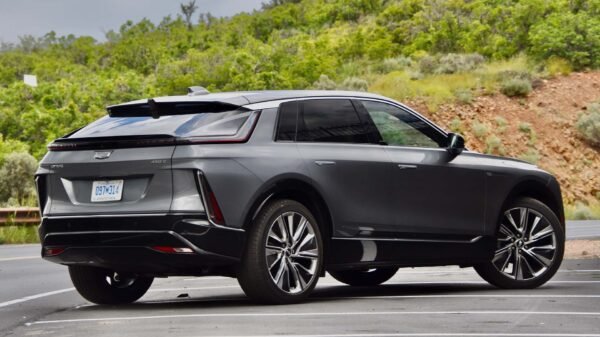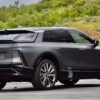EV Tax Credit Update: Automakers Get Extension for Chinese Graphite Usage
The U.S. Treasury Department’s decision to grant automakers additional flexibility regarding battery mineral requirements for electric vehicle tax credits, particularly concerning crucial trace minerals like graphite sourced from China, reflects an acknowledgment of the complexities of the global supply chain.
The extension until 2027 to remove certain hard-to-trace minerals from battery components offers automakers more time to adjust their supply chains and comply with the regulations. This move comes after the implementation of new rules on January 1, which restricted the Chinese content in batteries eligible for EV tax credits, reducing the number of eligible vehicles. Automakers have since worked to restructure their supply chains to restore eligibility for many cars.
However, this decision has faced criticism, notably from Senate Energy Committee Chair Joe Manchin, who raised concerns about the administration’s commitment to adhering to the law and its potential implications for U.S. supply chains. The exemption for graphite and other trace critical minerals from countries deemed Foreign Entities of Concern (FEOC) has drawn scrutiny, with calls for a clear exit strategy to reduce dependencies on adversarial nations and safeguard the competitiveness of U.S. and allied critical minerals projects.
China’s dominant position in graphite production underscores the importance of diversifying the sources of critical minerals to reduce reliance on a single supplier. The FEOC rules aim to shift the U.S. EV battery chain away from China and other countries of concern, with phased implementation timelines for different components.
Treasury’s decision to provide temporary exemptions for certain battery materials from FEOC compliance until 2027, contingent on manufacturers demonstrating compliance plans, seeks to balance regulatory requirements with practical challenges in the supply chain. This approach aims to prevent otherwise eligible EVs from disqualifying due to trace amounts of critical minerals sourced from FEOC countries.
Overall, while these regulatory measures aim to promote the domestic production and use of EVs, they also highlight the complexities and trade-offs involved in managing global supply chains and ensuring compliance with regulatory frameworks.



































Comment Template